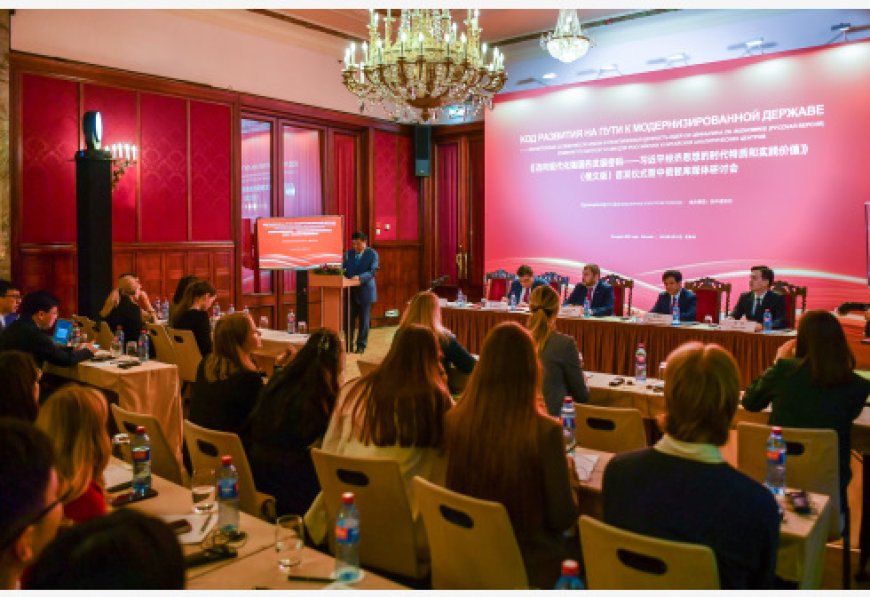Guest Opinion: Why NATO brings more conflict than security

By Jose Antonio Zorrilla
While expanding beyond its original borders, NATO has provoked multiple security dilemmas instead of providing safety. On the contrary, China has proposed an alternative strategy for global diplomacy and cooperation from that of NATO.
The plan to open a NATO office in Tokyo, Japan, has been criticized for extending hostilities further into the Pacific region. At the same time, China's successful intermediation between Saudi Arabia and Iran offers a new model.
Setting Saudi Arabia free from the yoke of hostility has opened a path toward what was impossible under the American model. China has offered practical alternatives to NATO's expansionist policy of hostile confrontation.
Europe once had an exceptional security system. Germany and France had reconciled in the West. In the East, Germany had rediscovered the Bismarck model, based on peace with Russia, the Ostpolitik.
However, the United States never liked the model, which defines any security system without NATO as "toothless."
Historian Mary Sarotte wrote a book recounting the ins and outs of the arrangements that would eventually lead to NATO's expansion. A solution could have been reached for German reunification between Mikhail Gorbachev, former president of the Soviet Union and then German Chancellor Helmut Kohl in the early stage of the post-Soviet transition if it wasn't for George Bush Sr., who paralyzed such a solution when informed of the worries about a declining NATO.
The main concern for the United States has never been international peace and security but the survival of NATO.
Those historical moments led by the United States have explained the current conflict in Ukraine and the collapse of a peaceful Europe.
Legendary diplomat George F. Kennan was the best prophet of future misfortune, who noted in 1997 that "Expanding NATO would be the most fateful error of American foreign policy in the entire post-cold-war era. Such a decision may be expected to inflame the nationalistic, anti-Western and militaristic tendencies in Russian opinion; to hurt the development of Russian democracy; to restore the atmosphere of the Cold War to East-West relations, and to impel Russian foreign policy in directions decidedly not to our liking."
Back to the NATO office in Tokyo. It is doubtful that a European regional security organization could open an office in the Pacific without engaging in any wrongful actions. The Pacific isn't the North Atlantic, nor is China the Soviet Union.
Even setting legal issues aside, we have all witnessed the consequences when NATO expanded in Eurasia without consensus. It created a security dilemma resulting in an accelerated arms race.
The purpose of the war in Ukraine is to weaken Russia. But it has come at the cost of sacrificing Ukraine, a world struggling with inflation, recession and millions of people in the Global South dealing with starvation.
The United States is a hegemonic country; nobody contests this. Its way of projecting its strength, including agitating the waters of Ukraine in Eurasia or China in the Pacific, will impoverish the planet.
Continuing to follow outdated methods of exerting power would be harmful, potentially causing a faster decline of dominance and an uptick in conflicts and disasters.
The Pareto model is a viable option to increase one's benefits without causing harm to others. Instead of expanding NATO into Asia, it would be beneficial for all, including the United States, to implement the tactics used by China in the Middle East.
Editor's note: Jose Antonio Zorrilla is a Spanish diplomat and was consul general of Spain in Milan, Shanghai and Moscow, as well as ambassador of Spain to Georgia and Caucasus States.
The views expressed in this article are those of the author and do not necessarily reflect the positions of Xinhua News Agency.
What's Your Reaction?
































































































































































































































































































